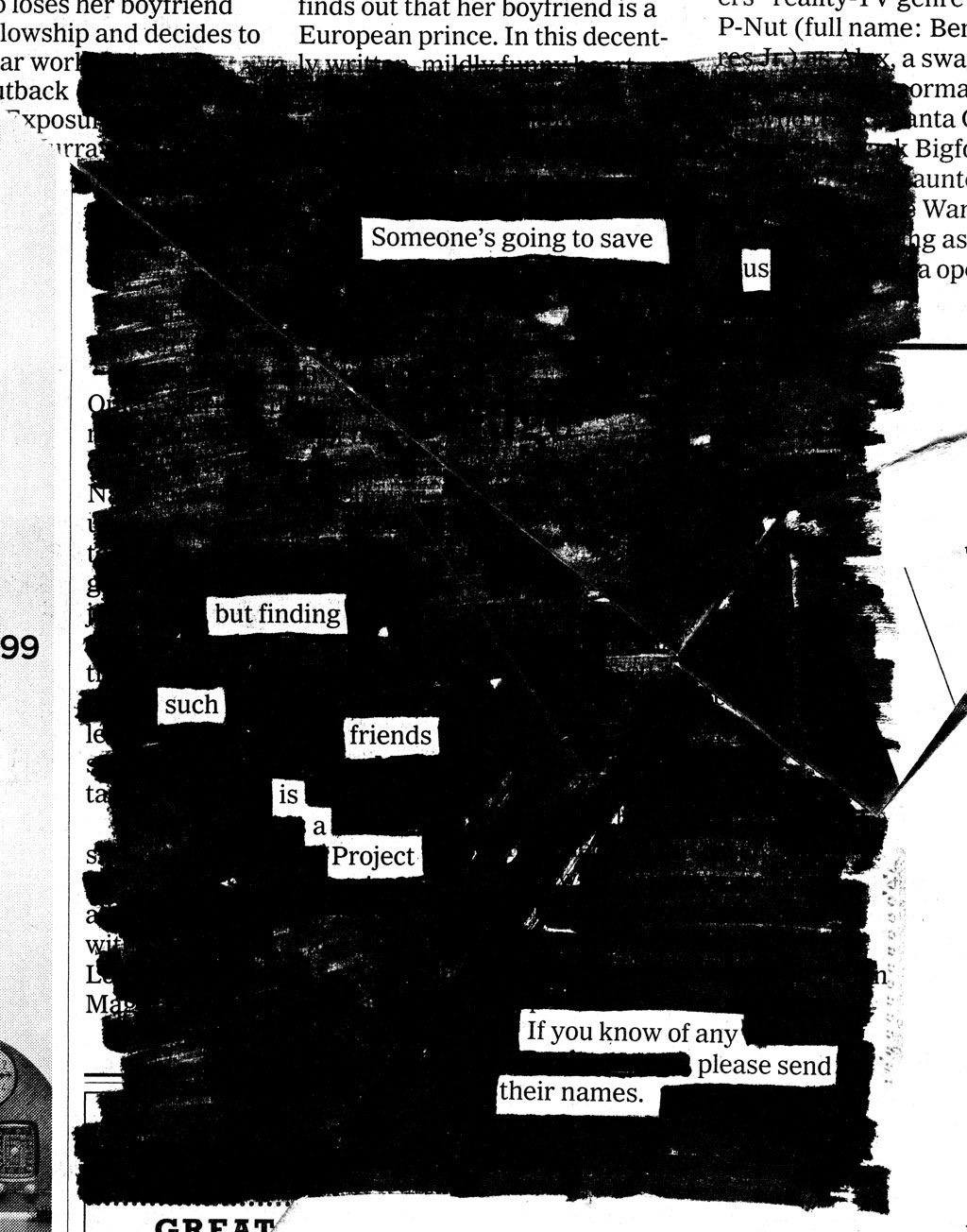
Beaches are for running
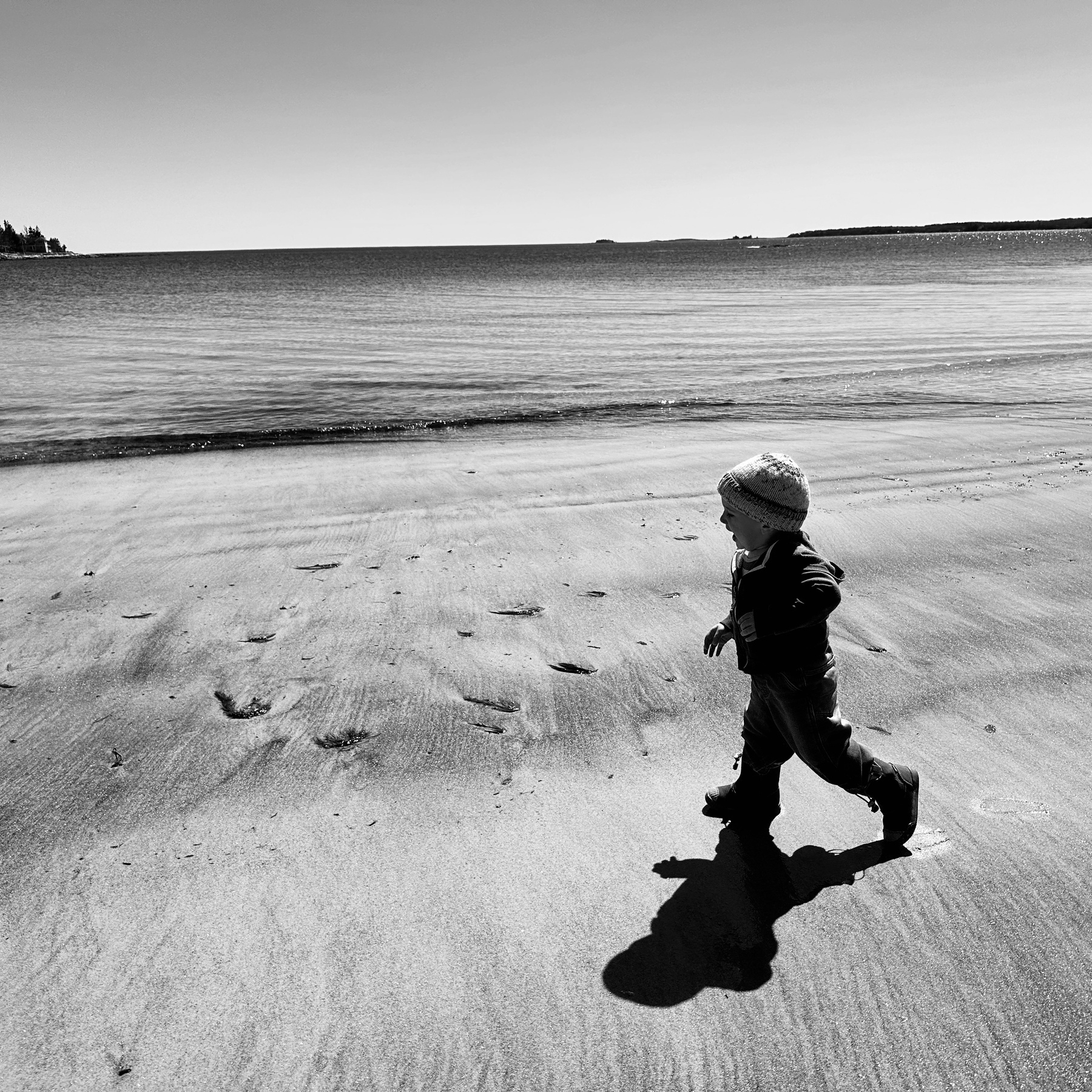

Awkward neighbors • I don’t mix fiction and nonfiction — I’m not that wild; though someday, perhaps — but I was reminded of this didn’t-get-posted from last month’s bookshshelf decluttering. (Futile, it was, and currently looks like sideways gravity holding a pile of books on top of a bookshelf.)
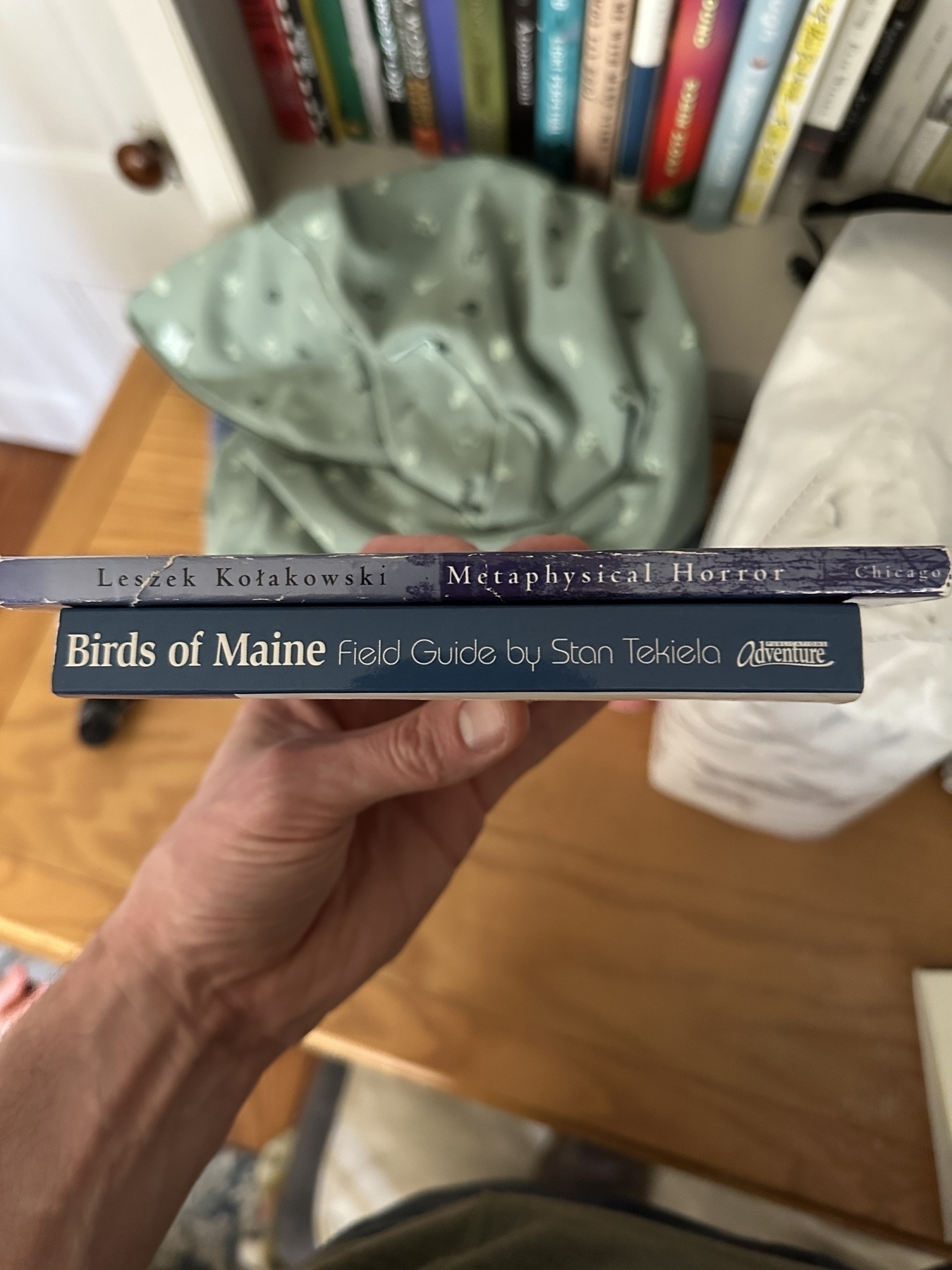
Sunday lazin’

Kitchen Chalk Talk
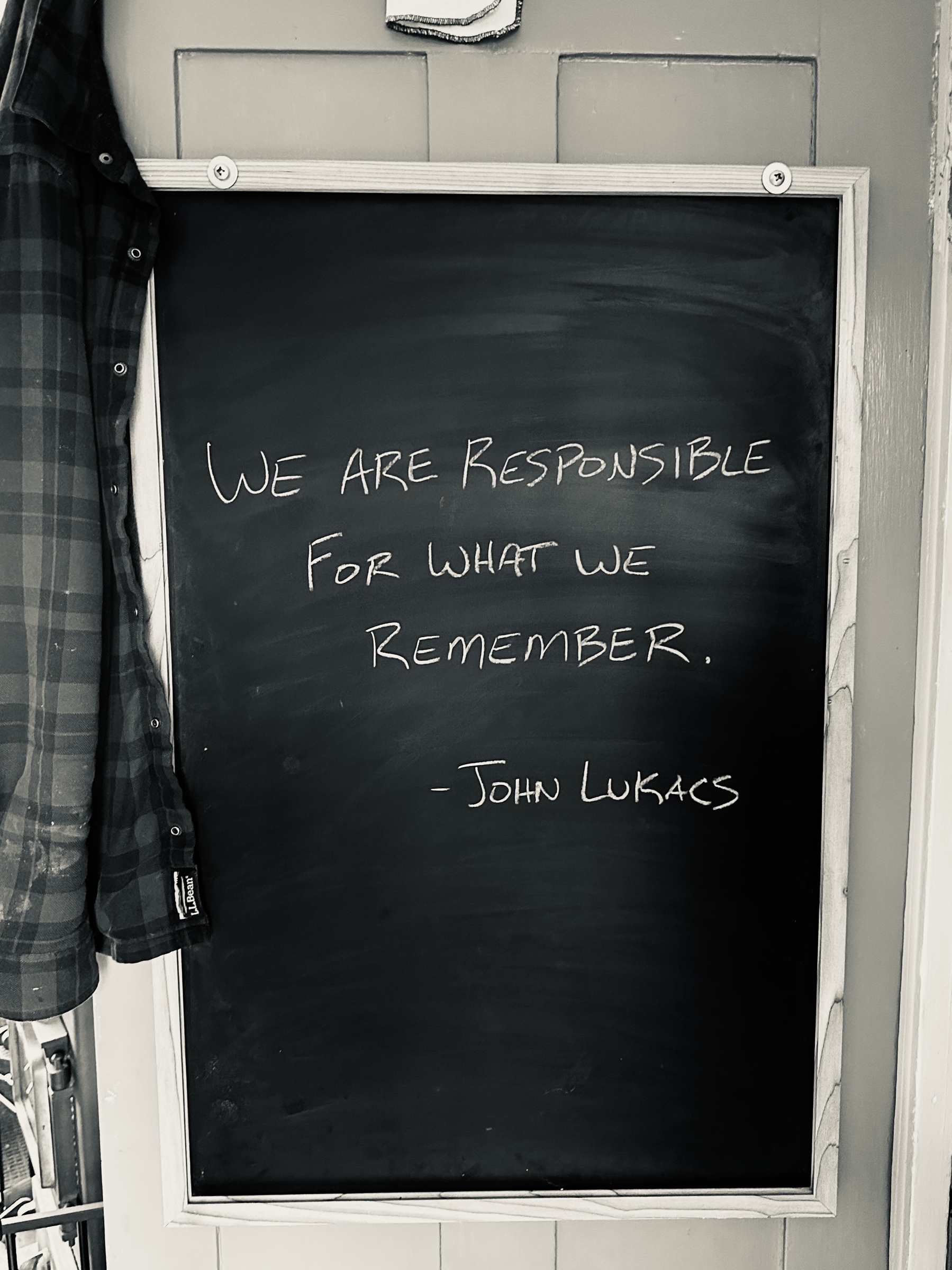
Workplace humor: sine qua non
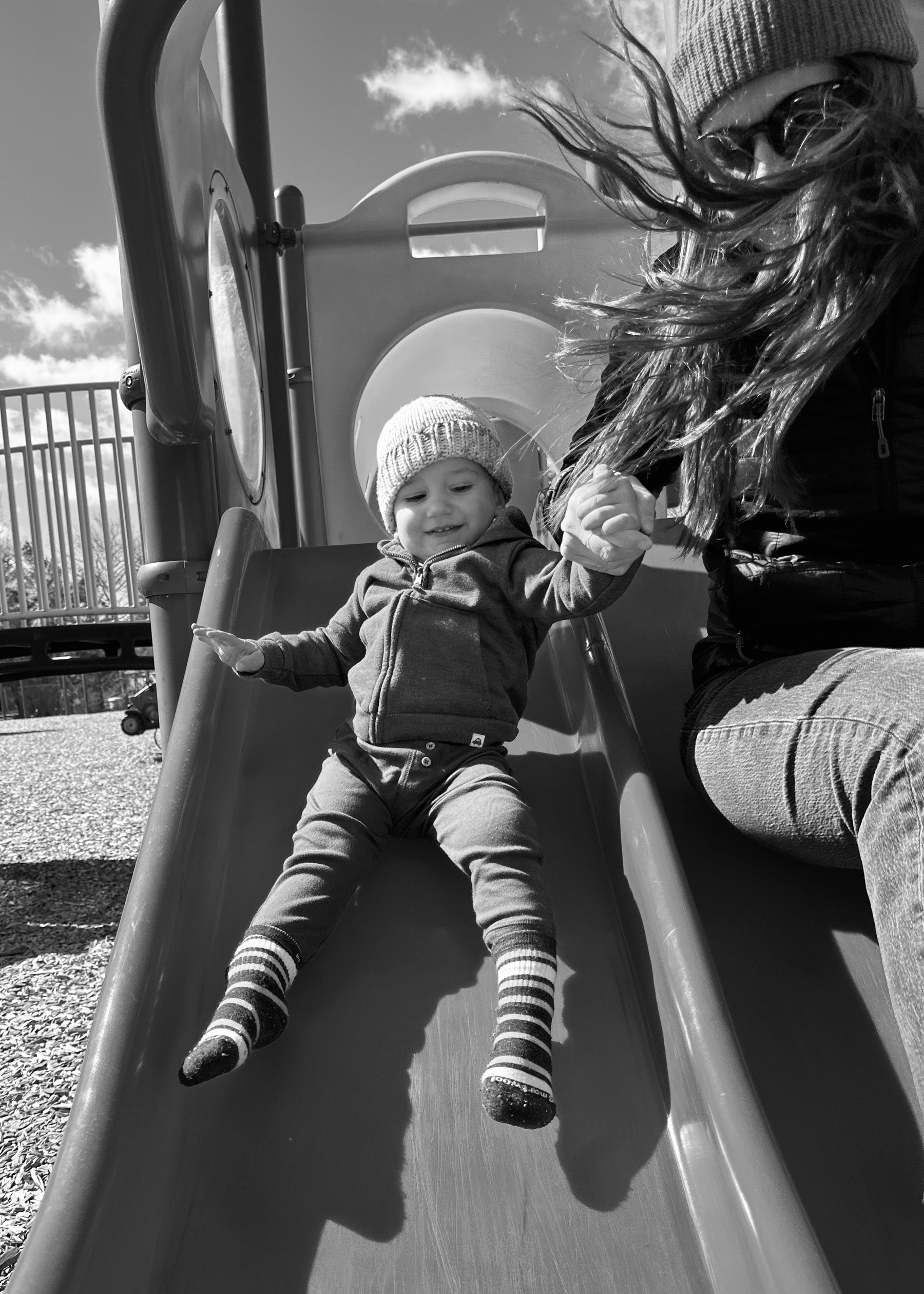
A little pep talk from dad